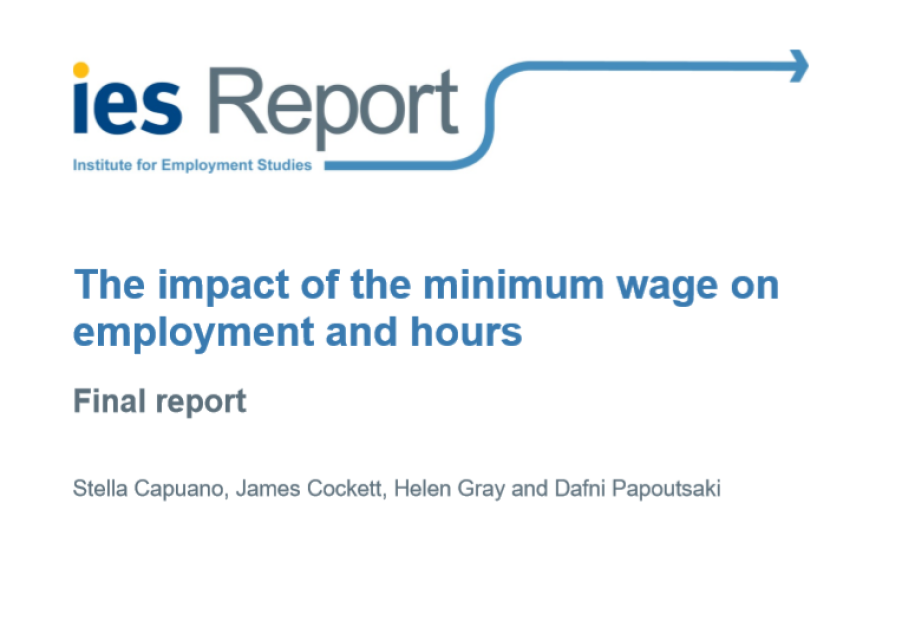Research: The impact of the minimum wage on employment and hours
- The introduction of the NLW in 2016 raised real wages for all of the subgroups of employees considered, except for men who worked part-time.
- Although the introduction of the NLW raised real wages for all subgroups of low-paid employees apart from women working full-time, employers tended to apply the wage rise to all low-paid employees, rather than just those aged 25 or more.
- The introduction of the NLW in 2016 reduced employment retention for part-time employees of either gender. This was evident in two of the three specifications used.
- There was no consistent evidence that either the 2017 or the 2018 upratings affected employment retention for the subgroups of employees considered in the analysis.
- The analysis largely suggested that the introduction of the NLW in 2016 and the subsequent upratings in 2017 and 2018 did not affect working hours for any of the subgroups of directly affected employees.







